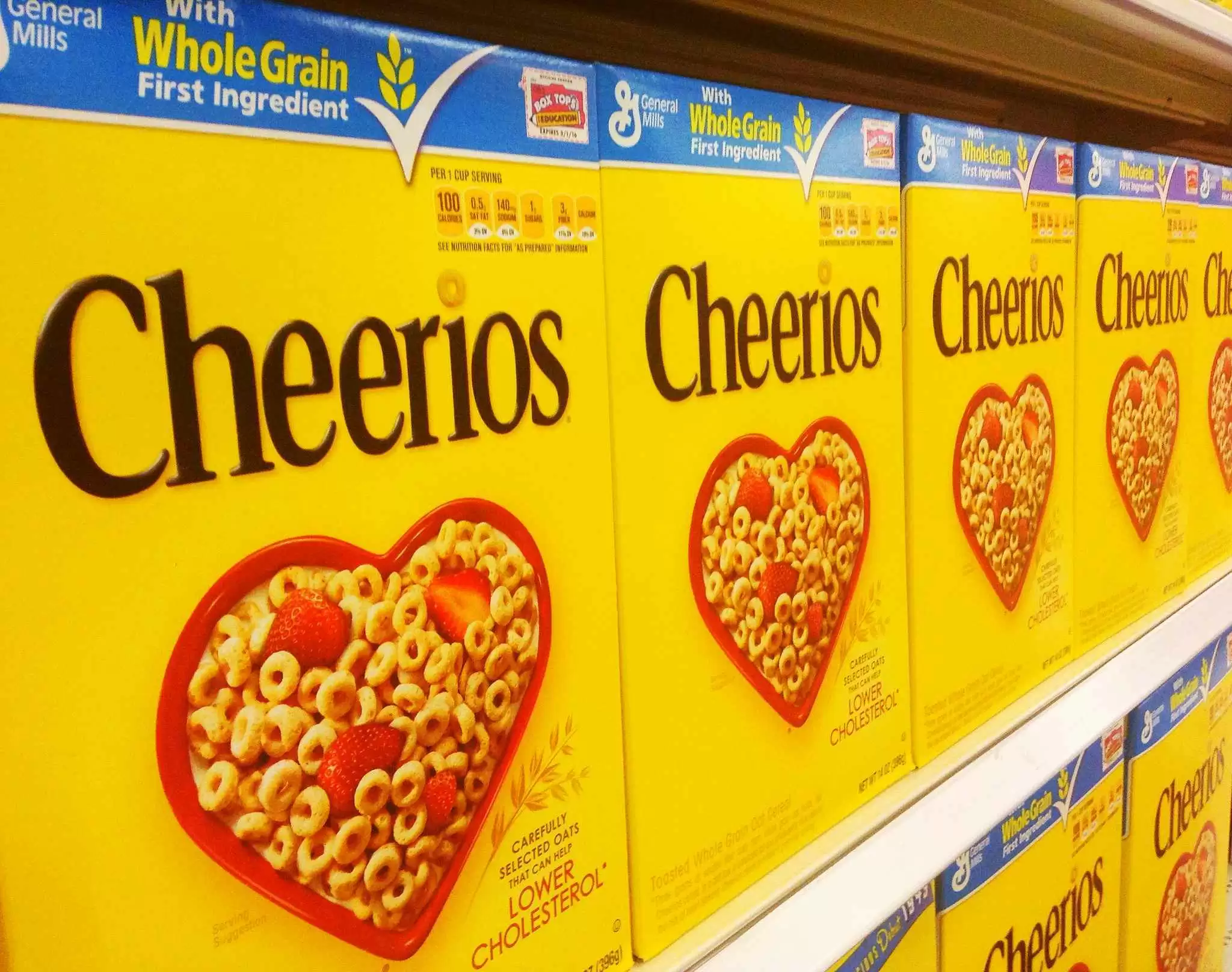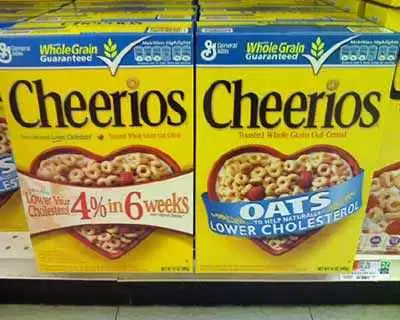
Celiac.com 04/24/2017 - The fallout continues from General Mills' recall of nearly 2 million boxes of Gluten Free Cheerios and Honey Nut Cheerios in 2015, which occurred after workers at a California plant accidentally loaded gluten-free oat flour into trucks that had been holding wheat flour, which contains gluten, and which then contaminated batches of "gluten-free" cereal produced with the grain from those trucks.
In comments to the U.S. Ninth Circuit court, plaintiffs representing a proposed class of consumers claimed that a lower court had erred in dismissing their lawsuit on the grounds that the company's recall program made the claims baseless. They asked that the court allow their lawsuit against General Mills to continue. The suit is based on claims that the supposedly gluten-free Cheerios that had been made with the wrong flour, and that the cereal had sickened consumers.
Celiac.com Sponsor (A12):
Lead plaintiff Christopher Hamilton told the panel that a refund program alone does not moot a claim for damages, as courts have held that, while refund programs do moot restitution claims, they do not moot claims for damages and injunctive relief, such as Hamilton's. "Indeed, in a case based on the exact facts present here, a court in California held that the Cheerios recall program did not moot a consumer's damages claim because the defendants did not satisfy the plaintiff's claims for statutory damages and injunctive relief," said Hamilton.
Hamilton, who has celiac disease, brought his suit in March 2016 after buying the supposedly "gluten-free," wheat-contaminated Cheerios. One sample revealed 43 parts per million of gluten, more than twice the legal ceiling for the "gluten-free" label, Hamilton said in his complaint.
Still, to the layperson, Hamilton's request for damages and injunctive relief invites questions. First, since the company issued a full product recall, what type of injunctive relief would they be seeking? Second, regarding damages, exactly what type of monetary damages would be claimed? Did these plaintiffs incur medical expenses, missed work or other costs? That is not made clear in these filings.
When U.S. District Judge Michael McShane dismissed the original suit in July, he did so based on the fact that General Mills did issue a full product recall. In his statements on the matter, the judge wrote: "Rather than mitigate his damages by accepting General Mills' recall/refund offer, Hamilton is suing General Mills for false labeling, marketing and promotion of the product. Hamilton paints a discreet [sic] manufacturing mishap as a grand scheme of deceptive advertising, marketing and labeling." Judge McShane added, "I find this to be creative at best."
But Hamilton says that he should be permitted to amend his complaint to include claims that the recall was delayed, and that the company was aware of complaints from sick consumers as early as July 2015. Hamilton also wishes to include allegations that General Mills deliberately ignored warnings from a dietitian that General Mills gluten-free testing was inferior.
The case is Christopher Hamilton v. General Mills Inc. et al., case number 16-36004, in the U.S. Court of Appeals for the Ninth Circuit.
Read more at Law360.com.


.webp.881270134d5e25f326906ed09fc4cbe9.webp)




Recommended Comments
Create an account or sign in to comment
You need to be a member in order to leave a comment
Create an account
Sign up for a new account in our community. It's easy!
Register a new accountSign in
Already have an account? Sign in here.
Sign In Now